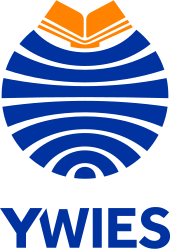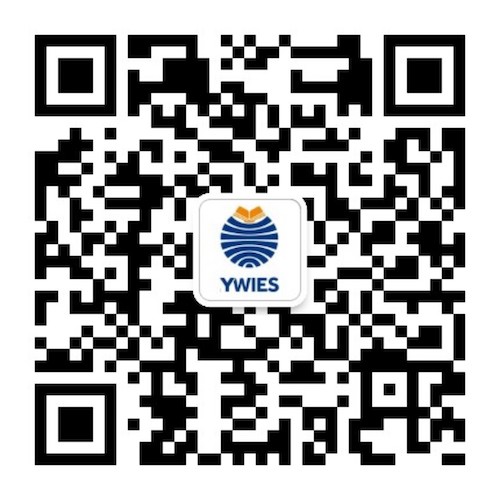Go Back
News
Wechat News
DSE Programme Episode 13
Wechat News
08 Jul, 2025
13 : 34
In today's rapidly changing world, mathematics is crucial for science, technology, and essential skills like logical thinking and problem-solving. Aligning with global trends to boost core literacy, Hong Kong's decision to make DSE mathematics a compulsory core subject is a key move to improve the talent pool. Nevertheless, the practical implementation of this major reform has encountered significant challenges and contradictions within the education system.
This article will examine why, given this specific reform context, the stratified design of DSE Mathematics – the Core Curriculum plus M1/M2 modules – is an inherent necessity for tackling these challenges and meeting educational goals. We will explore the reform's driving forces, the design itself, and its value and surrounding debates, showing how this structure balances ensuring basic mathematical literacy for all with fostering diverse talents and aspirations.
Background of Curriculum Reform: The Shift to Compulsory Mathematics
Since the implementation of the New Senior Secondary (NSS) curriculum in 2012 (the "334" academic structure), mathematics in Hong Kong has transitioned from an elective subject to one of the four core compulsory subjects (Chinese, English, Mathematics, Liberal Studies). This reform highlighted two critical challenges:
-
Addressing Diverse Abilities: Under the old system (HKAL), mathematics was optional at the senior secondary level, allowing some arts-focused students to avoid mathematical pressure. The new system mandates mathematics for all students, but significant disparities in mathematical proficiency raised concerns about it becoming a barrier to university admission.
-
Talent Development Needs: Historically, Hong Kong's emphasis on STEM fields was limited, reflected in low enrollment rates for HKAL Mathematics (only ~15% of students). The new curriculum aimed to ensure foundational skills while creating advanced pathways for mathematically gifted students.
Tiered Curriculum Design: The Core + M1/M2 Framework
To balance these challenges, the DSE Mathematics curriculum adopted a "foundational + specialized extension" structure:
Design Rationale:
-
Safety Net: Core requires only Level 2 (out of 5**) for minimum university admission, lowering barriers for students with weaker mathematical skills.
-
Elite Pathway: M1/M2, as electives, cater to the top 20%-30% of students (typically Core Level 4+). Their results count toward "Best 5 Subjects" scoring, with some universities (e.g., HKUST) doubling their weighting.
Societal Impact and Ongoing Debates
-
Alignment with Higher Education
Programs like HKU's Actuarial Science and HKUST's Engineering mandate M1/M2 (minimum Level 4) due to their reliance on calculus and linear algebra.
-
Equity Concerns
Support: Advocates highlight fairness —students struggling with Core avoid undue stress, while gifted learners gain recognition beyond exam totals.
Strategic Guidance for Students and Parents
-
Ability-Based Decisions: Avoid M1/M2 if Core scores are below Level 3 (failure rates exceed 40%).
-
Global Recognition: Universities like Imperial College London treat M2 as a "high-value subject," boosting admission competitiveness.
👇Key Recommendations
Tiered Education as Precision Cultivation
The DSE's "Core + M1/M2" framework reflects Hong Kong's shift from standardized education to personalized learning—ensuring baseline numeracy while nurturing specialized talent. Understanding this logic helps students navigate diverse pathways beyond the "one-size-fits-all" mentality.




